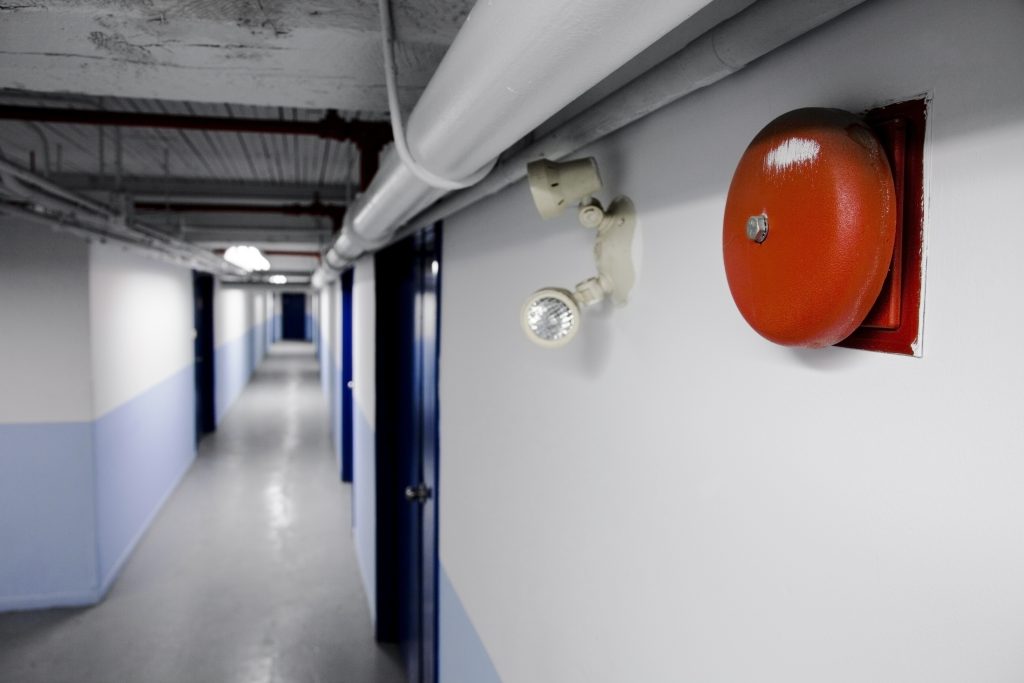Fire Protection Dartford can save your life in the event of a house fire, but getting the right one can be confusing. You don’t want to spend too much money or buy the wrong Fire Protection and feel like you wasted your money. How do you choose the best one? Start by reading our Fire Protection buying guide and learn what aspects of Fire Protection are important and how to figure out which ones are best for you.
Water mist fire protection
This type of fire protection system uses water mist and other types of clean extinguishing agents like gas, foam, powder, or dry chemicals. Water is stored on-site and discharged through a sprinkler head at a high velocity. These systems are suitable for protecting sensitive equipment and electronics from smoke damage and heat. Water mist is also relatively safe — unlike CO2 systems — as it won’t cause damage to people if they walk through it or breathe it in. This can be especially useful when a fire occurs in a building that has employees that need to evacuate but don’t have emergency training.
Fire alarm systems
If you’re worried about safety, there are several types of fire alarms that can help protect your family. Many experts recommend installing smoke detectors, as they can be a life-saver. They’re cheap and easy to set up; just make sure you put them on every level of your home, including outside patios and porches. If you have a lot of wood inside your home or keep items such as chemicals, gas, or oil in your house, consider getting an additional fire alarm with photoelectric sensors that detect smoldering fires—they’re more sensitive than standard smoke detectors. Some even come with built-in carbon monoxide (CO) detectors.
Smoke detectors
Whether you’re just moving into a new home or you have lived there for years, it’s crucial that you know where your smoke detectors are located. Many people put them in hallways outside bedrooms and bathrooms, while others hang them on ceilings. Experts agree that everyone should be familiar with their specific system and where they are located so they can make sure they’re working properly. To do anything less is really just asking for a tragedy, said John Drengenberg, Consumer Safety Director at Underwriters Laboratories (UL). The best way to ensure safety is to have all of your devices inspected by a professional. UL recommends replacing smoke alarms every 10 years; batteries should be replaced twice per year if possible.
Sprinkler systems
If you live on a fairly open floor plan, a fire sprinkler system can be a great choice. These systems use water flowing through pipes below your floors or through holes Fire Protection Dartford in your ceiling to put out fires that get too close. They’re ideal for businesses and homes where fast response is necessary to prevent damage (think restaurants, hotels, nursing homes) and/or major loss of life (if you live over multiple stories). A sprinkler system installation cost will depend on how big it is, but typically runs between $2-$4 per square foot. If you have a smaller space (under 2,000 square feet), expect to pay $6-$8 per square foot. Larger spaces will cost more than $10 per square foot installed.
Barriers
For fire protection, there are two kinds of barriers you can use: physical and chemical. A physical barrier provides an actual wall of resistance that prevents a fire from spreading from one area to another. For example, a brick wall is more than strong enough to provide excellent physical fire protection; no blaze can move past it without burning away at its surface layer. However, materials like drywall aren’t as effective; they’re made mostly of paper-based products (paper is highly flammable) and a small flame may be able to breach their surface, turning your house into kindling. If you want dependable, long-lasting physical fire protection for your home, metal walls are probably your best bet—but it’s important not to compromise on quality if you do choose something lighter.
Other factors to consider
While you might automatically assume that fireproofing your home will end up costing a lot of money, there are other factors that come into play. Choosing an effective method or system also depends on where you live and what type of building codes are enforced by your local government. For example, if you’re living in a region known for being particularly windy, fire-resistant roof shingles can help prevent fires from spreading quickly. If a lot of your neighbors have wooden houses, be sure to choose fire-retardant materials like bricks or cement instead of wood so that your home doesn’t become a tinderbox during a wildfire. And if you live in an area known for heavy rainfall, it’s best to have few windowsills and no exposed attic vents.
Pros & Cons
There are a lot of different fire safety systems out there, so picking one can be challenging. The best way to do it is to consider your needs and choose a system that fits. Do you want both smoke and heat detectors? Perhaps video surveillance? Or how about fire-proofing that covers all of your belongings with flame retardant material? Some of these options are cheaper than others, but what’s important is knowing what you need before buying something you don’t want or need. That being said, keep in mind that many fire detection systems come bundled with other protective features like emergency lighting and automatic door locks. If these things make sense for your home as well, they might help lower costs.